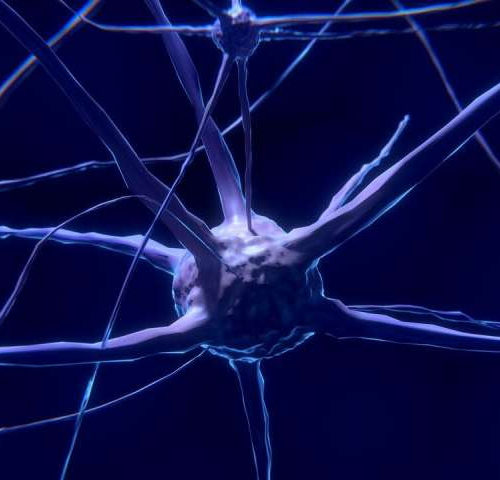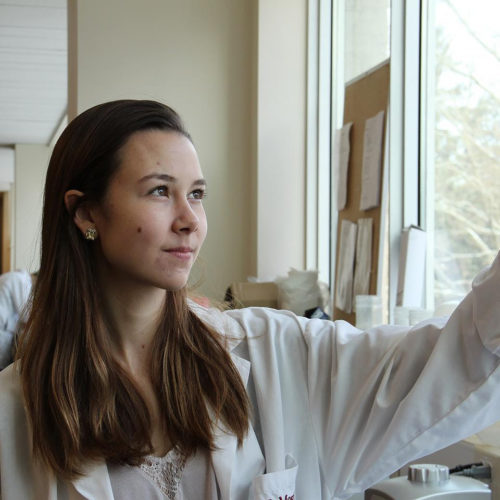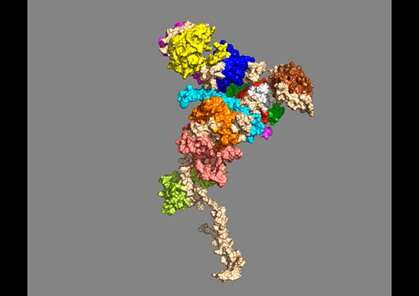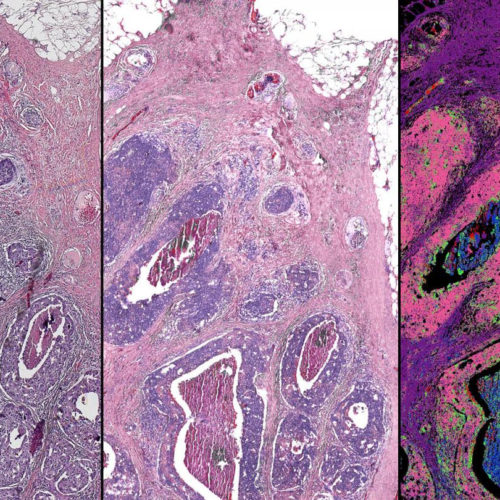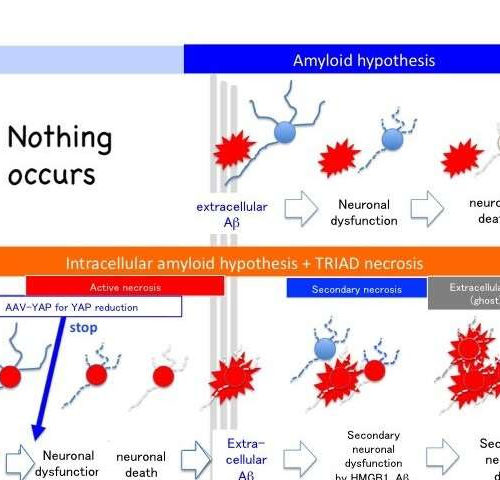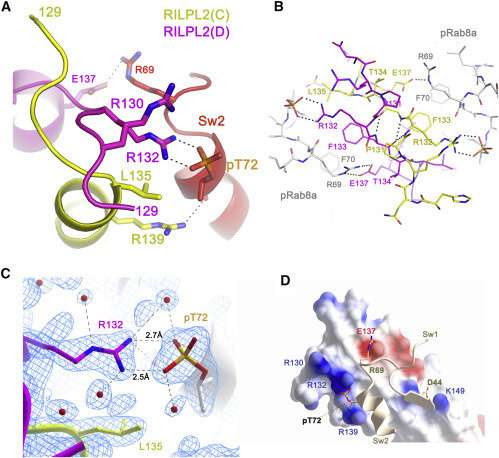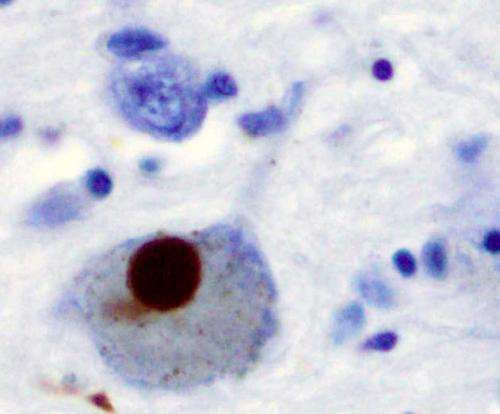by Cell Press One of the central questions in neuroscience is clarifying where in the brain consciousness, which is the ability to experience internal and external sensations, arises. On February 12 in the journal Neuron, researchers report that a specific area in the brain, the central lateral thalamus, appears to play a key role. In...
Antibiotics discovered that kill bacteria in a new way: McMaster
A promising clinical candidate in the fight against antimicrobial resistance MCMASTER UNIVERSITY Hamilton, ON (February 12, 2020) – A new group of antibiotics with a unique approach to attacking bacteria has been discovered, making it a promising clinical candidate in the fight against antimicrobial resistance. The newly-found corbomycin and the lesser-known complestatin have a never-before-seen...
Researchers develop potential way to reprogram immune cells to fight cancer, other diseases
by Michael Tullier, Tuskegee University Immune therapy research by a team of Tuskegee University faculty scientists and doctoral students—in partnership with the National Institutes of Health—shows great promise in the ability to reprogram immune cells, kill cancer cells and halt tumor growth in several types of cancer. These research findings are described in detail in...
Hybrid microscope could bring digital biopsy to the clinic
UNIVERSITY OF ILLINOIS AT URBANA-CHAMPAIGN, NEWS BUREAU CHAMPAIGN, Ill. — By adding infrared capability to the ubiquitous, standard optical microscope, researchers at the University of Illinois at Urbana-Champaign hope to bring cancer diagnosis into the digital era. Pairing infrared measurements with high-resolution optical images and machine learning algorithms, the researchers created digital biopsies that closely...
Fewer steroids, no plasma exchange: A change in treatment for vasculitis
by Perelman School of Medicine at the University of Pennsylvania A decade-spanning trial found that for patients with antineutrophil cytoplasmic antibody (ANCA)-associated vasculitis, two common methods of treatment actually do not have an impact on their long-term survival. The study, called PEXIVAS, was co-led by Peter A. Merkel, MD, MPH, chief of Rheumatology in the...
Multi-center neuroimaging study offers new insights on schizophrenia
Provides clearest picture yet of the 22q syndrome brain UNIVERSITY OF SOUTHERN CALIFORNIA What if the key to a better understanding of schizophrenia has been here all along–but researchers haven’t had the resources to study it? Now, thanks to the pooled data and insights from researchers around the world, USC researchers have the clearest picture...
Timing of brain cell death uncovers a new target for Alzheimer’s treatment
by Tokyo Medical and Dental University Alzheimer’s remains the leading cause of dementia in Western societies, with some estimates suggesting that as many as 24 million people worldwide are living with the disease. Alzheimer’s is characterized by a progressive decline in cognitive ability that eventually affects even basic functions such as walking and swallowing. The...
Scientists stop breast cancer cells from spreading
by Michael Addelman, University of Manchester Biologists have discovered a way to stop cells from one of the most aggressive types of breast cancer spreading in the lab. The study points towards new avenues of research to combat the devastating disease. The results of the study of triple-negative breast cancer by the team from the...
Understanding how a protein wreaks havoc in the brain in Parkinson’s disease
by Ciara O’shea, Trinity College Dublin What causes neurons to die in Parkinson’s disease? Parkinson’s disease is a long-term (chronic) neurological condition that affects around 12,000 people in Ireland and between 7 and 10 million people worldwide. The disease affects the way the brain co-ordinates body movements like walking and talking, but cognitive abilities are...
Wearable tech can provide better data for Parkinson’s
by Tim Sullivan, Harvard Medical School3 Wearable technology and other mobile data-gathering devices should replace self-reporting diaries to track symptoms in people with Parkinson’s disease, a new study from a large industry and academic collaboration argues. The study was published January 17 in npj Digital Medicine. “For clinicians to effectively manage the diseaseand for researchers...

